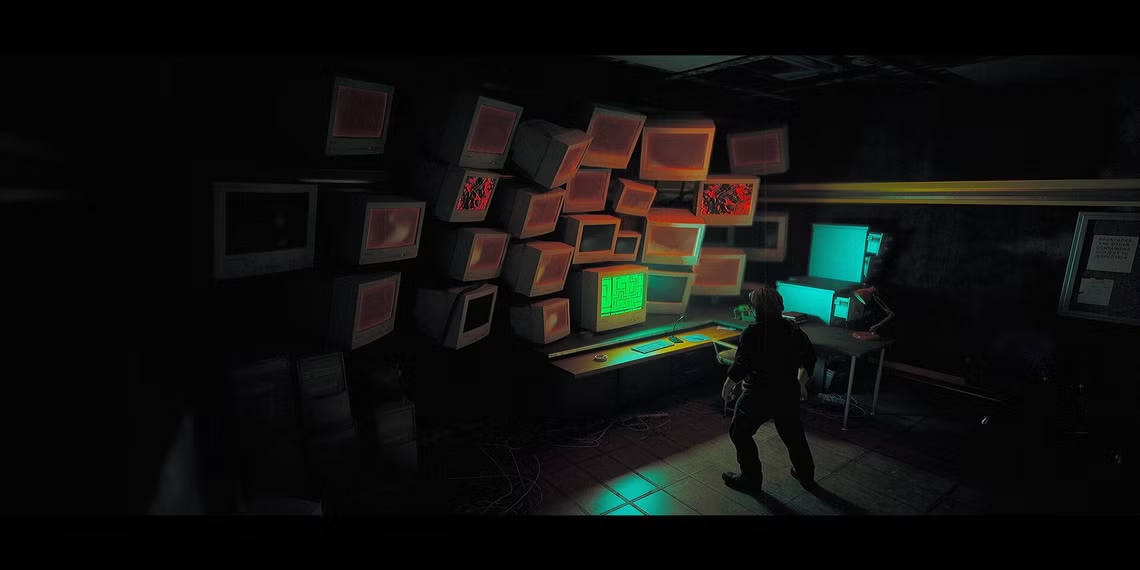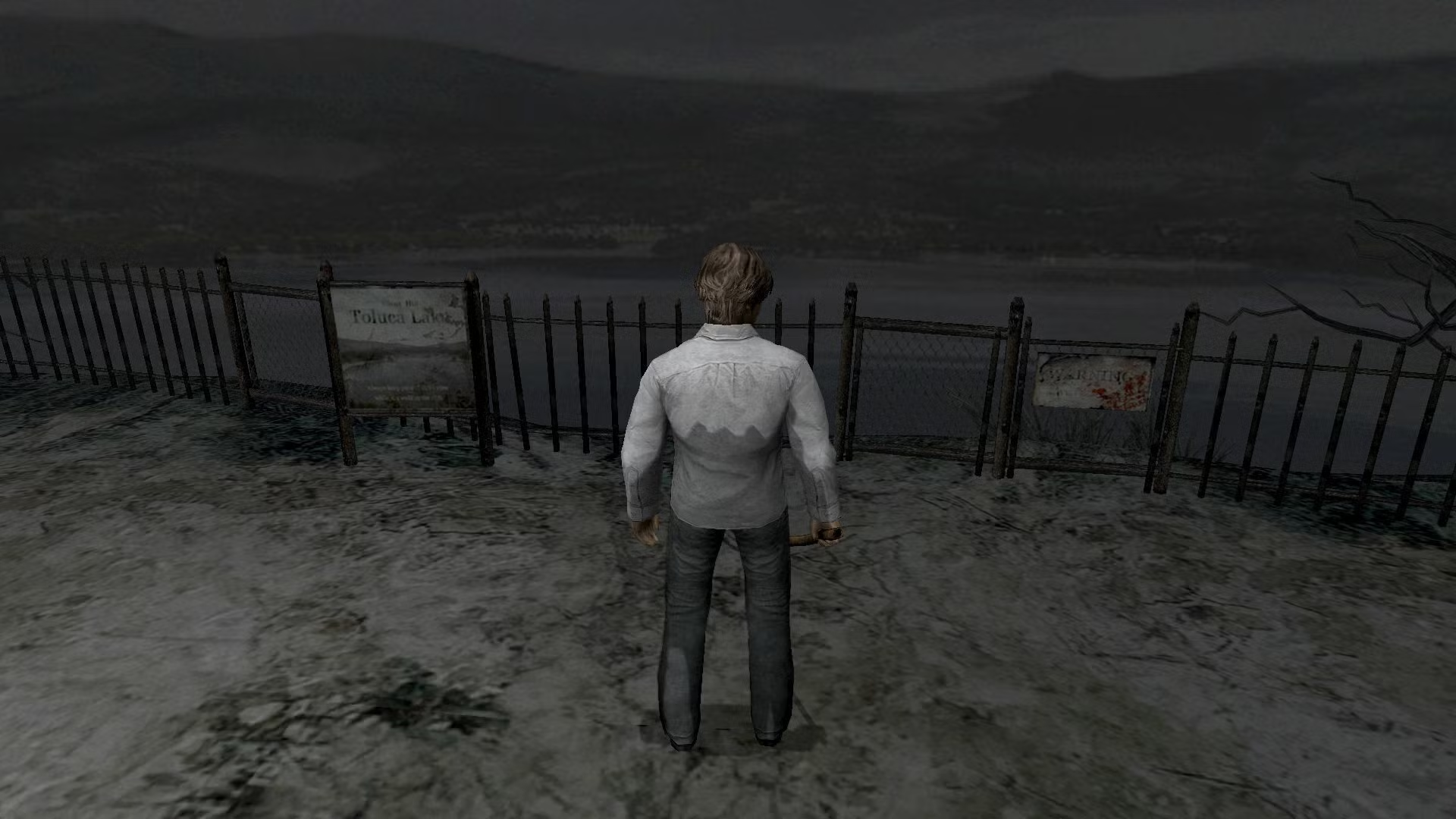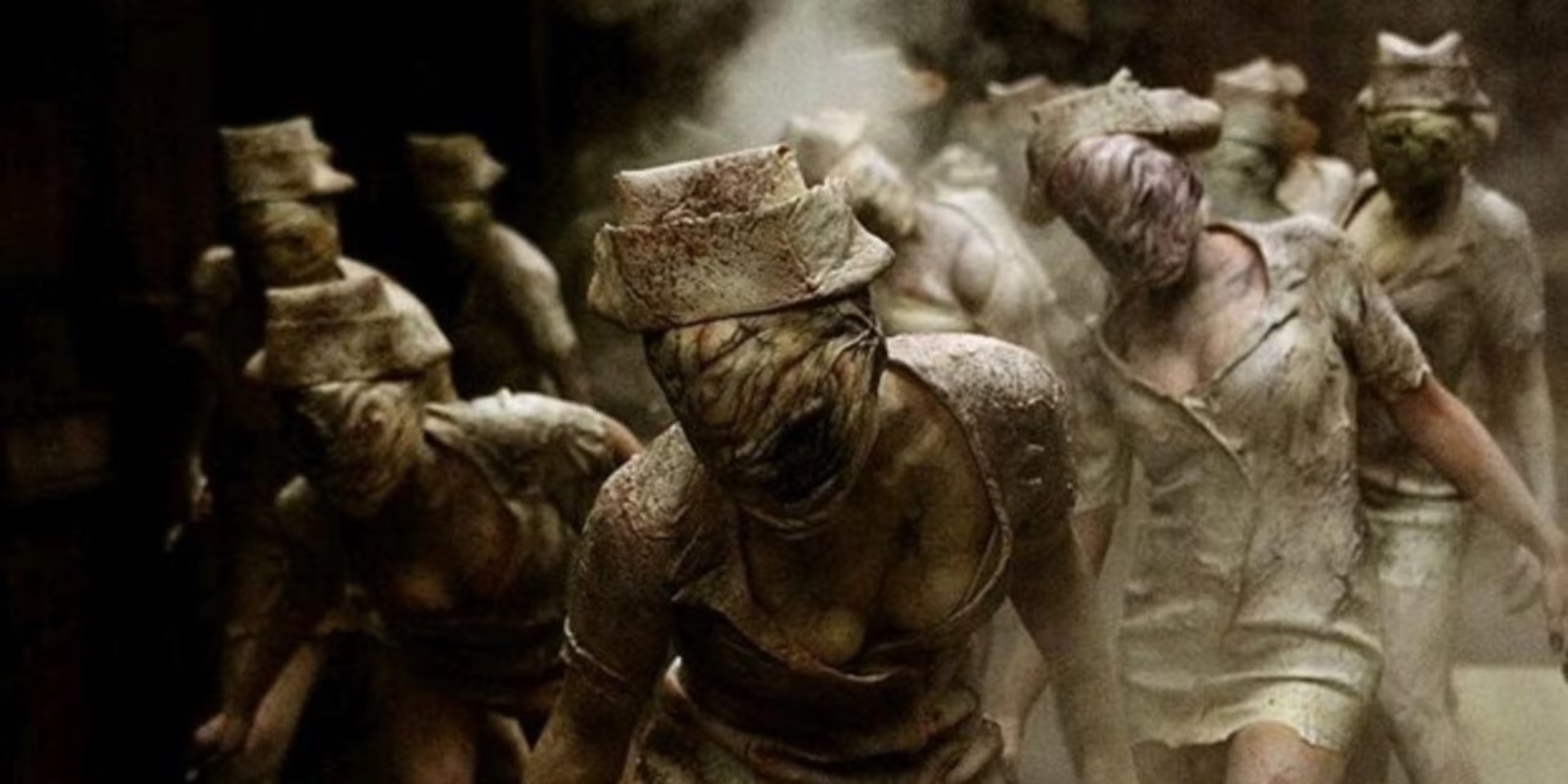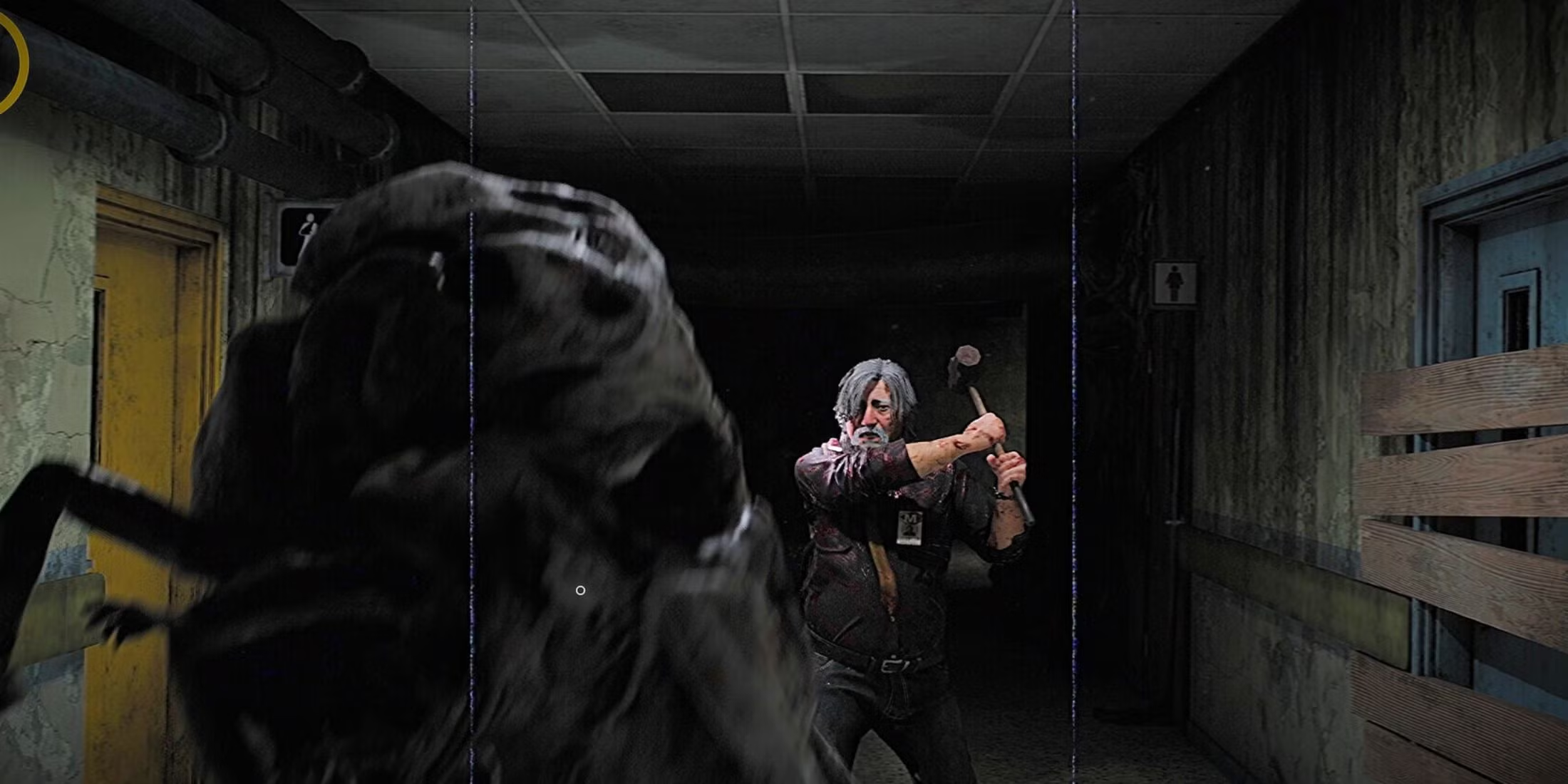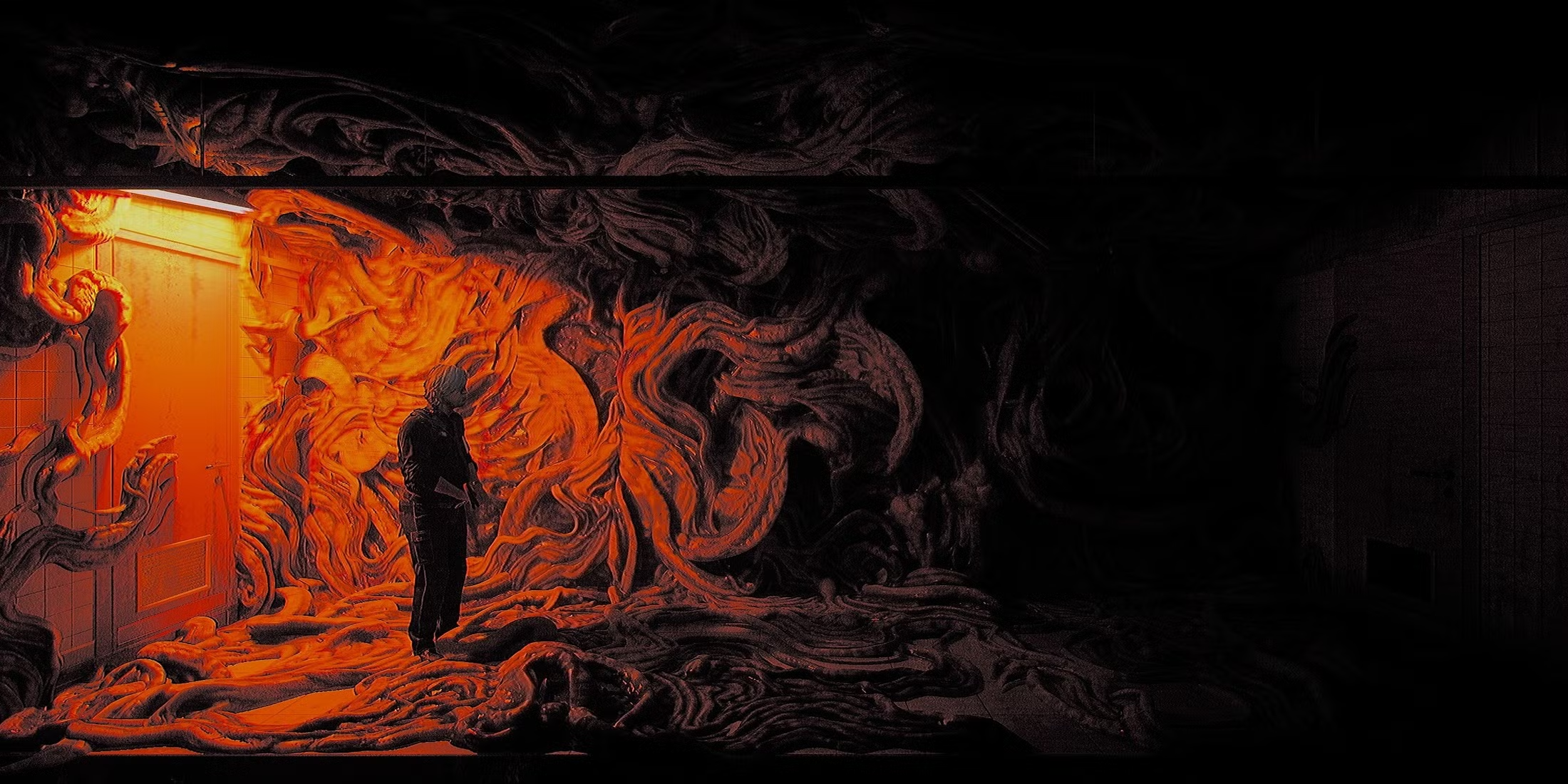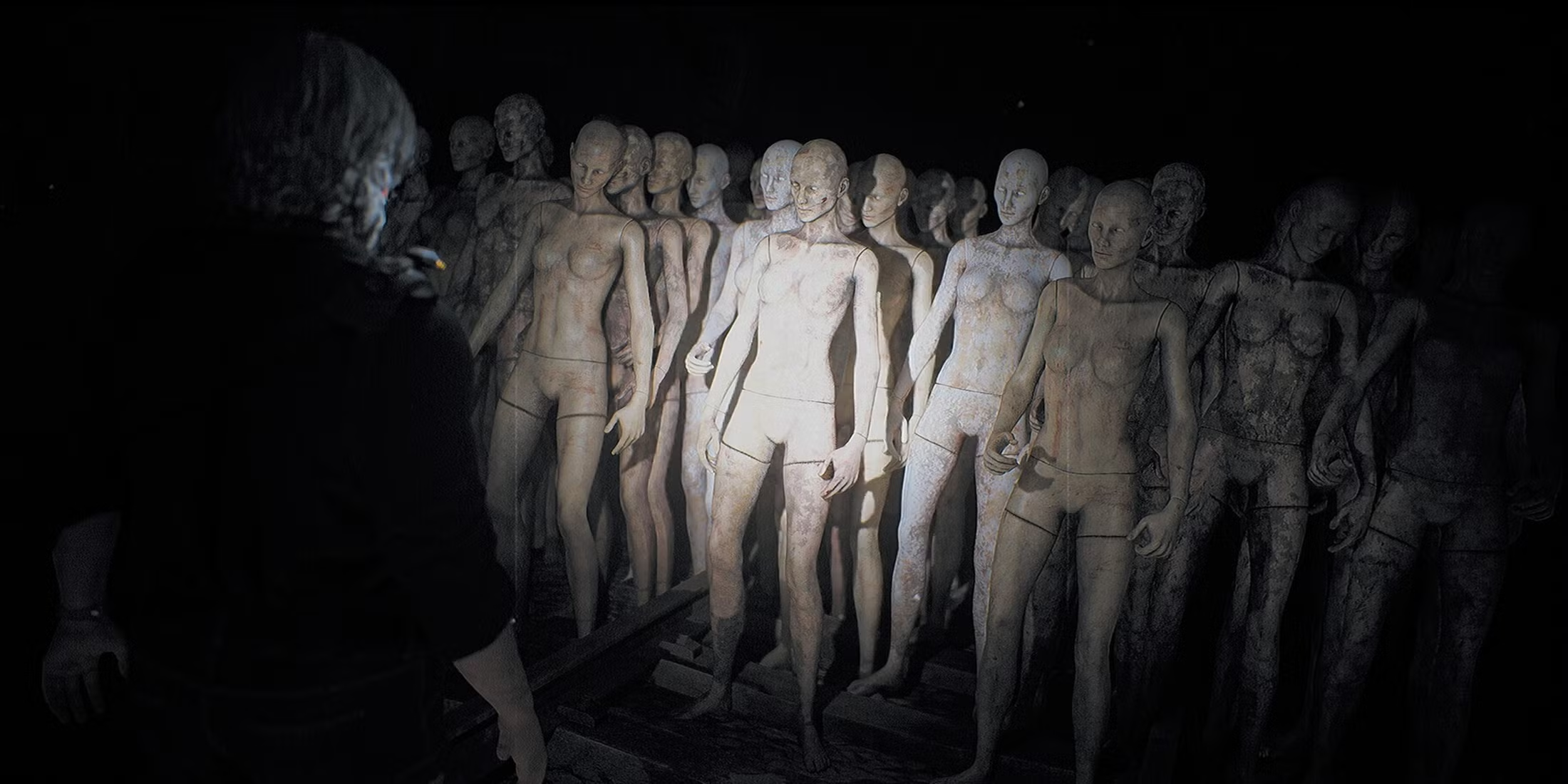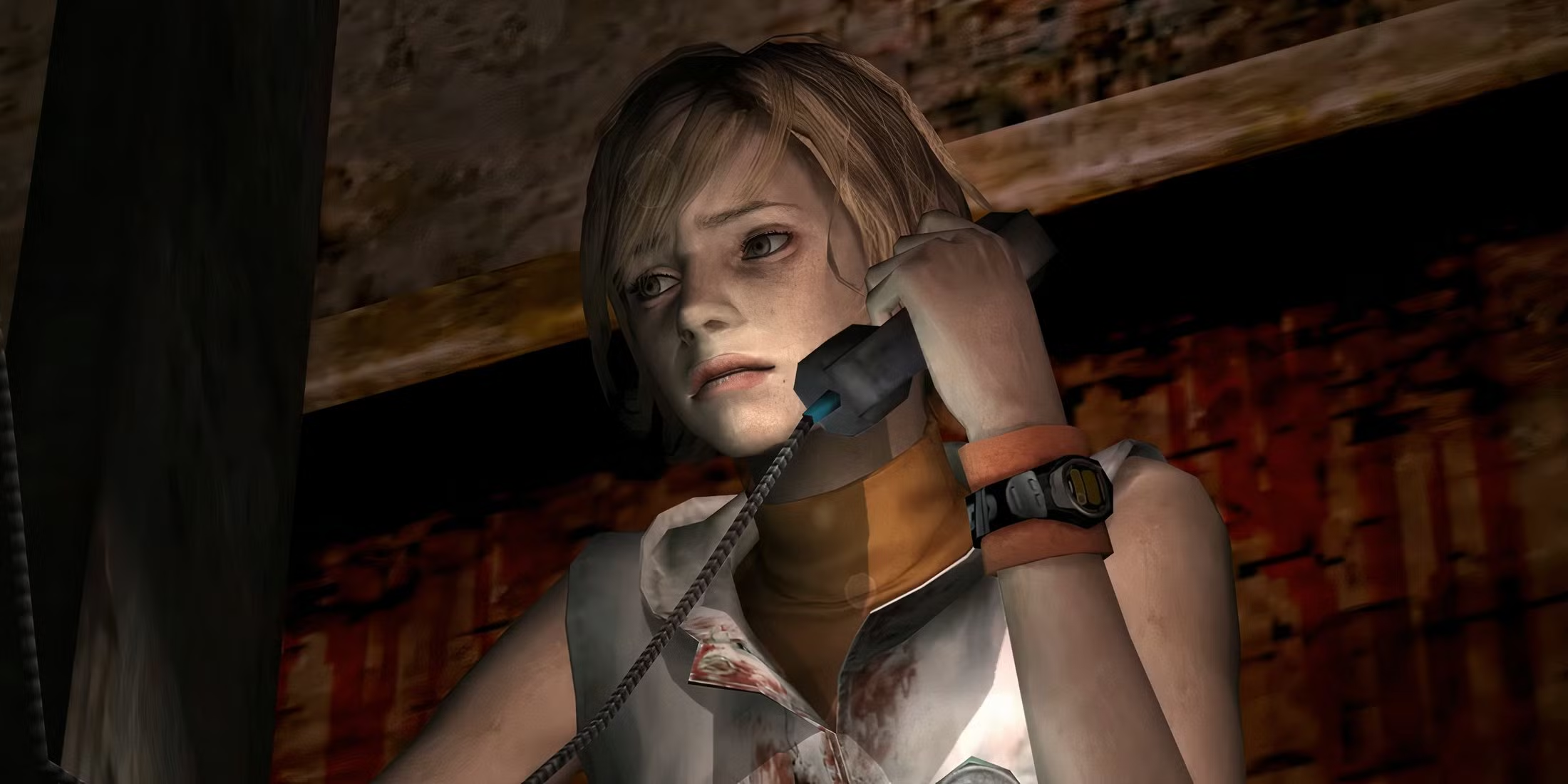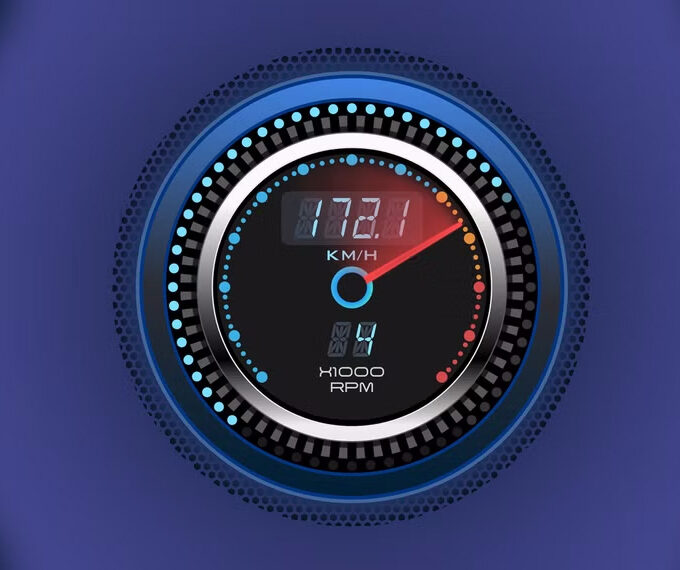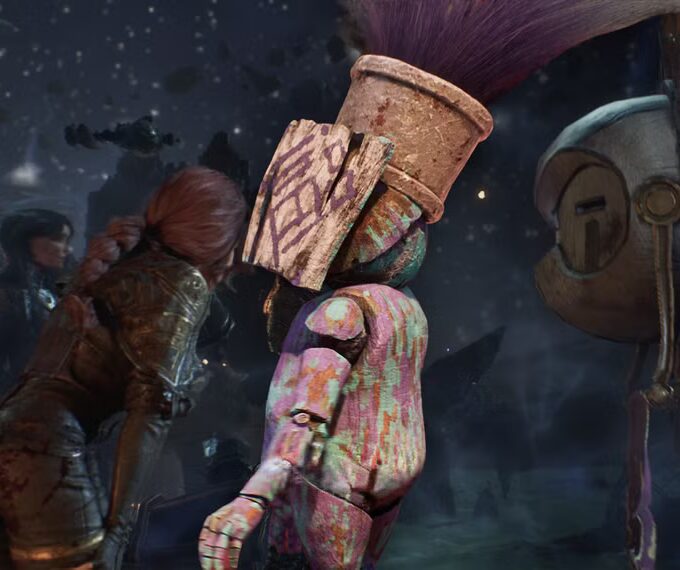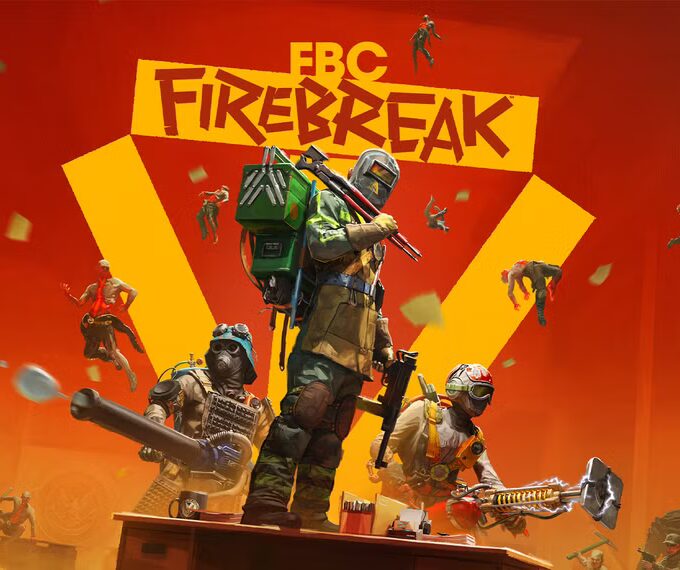Post Trauma, the recently released indie survival horror title from developer Red Soul Games and published by Raw Fury, has quickly garnered positive attention, currently holding a “Very Positive” rating on Steam. After its release window shifted from late 2024 to Spring 2025, the game found itself in an unexpected situation, launching on April 22nd – the very same day The Elder Scrolls 4: Oblivion Remastered was shadow-dropped. Due to this unforeseen overlap, Post Trauma is set for a “re-release” on June 23rd, accompanied by planned streams and giveaways.
While it may not command the immediate name recognition of Bethesda’s fantasy titan, Post Trauma delivers a focused and well-crafted psychological horror experience. It openly embraces inspirations from the genre’s history in its presentation, most notably the iconic Silent Hill series. Beyond simply borrowing visual and story elements, Post Trauma feels like it genuinely carries the torch forward, contributing a strong new entry to the flourishing indie retro horror scene.
Drawing From the Fog: Silent Hill’s Deep Influence
Unlike Bloober Team’s recent Silent Hill 2 Remake, which took cues from modern Resident Evil titles, Post Trauma reaches further back, specifically invoking the atmosphere and gameplay feel of the PS2 era of horror. Red Soul Games aptly marketed the game as “a new world of horror that pays homage to the greats,” a description that perfectly fits.
Post Trauma’s protagonist, Roman, a middle-aged train conductor, immediately feels recognizable as the kind of “everyman” character often featured as the lead in Silent Hill games. Awakening in a distorted version of his train station that mirrors Silent Hill’s eerie Otherworld, Roman must navigate disturbing corridors now populated by unsettling creatures. The game primarily utilizes a classic third-person fixed camera perspective, reminiscent of early survival horror titles, but it smartly employs modern graphics, lighting, and sound design to create a nostalgic experience that avoids feeling outdated or overly derivative.
Familiar Gameplay Loop, Fresh Tension
Much like traversing the foggy streets of Silent Hill, Roman begins his ordeal with a standard melee weapon and gradually acquires a limited arsenal of firearms as he pushes deeper through the train station and into other settings familiar to psychological horror fans. Puzzles are a significant gameplay element in Post Trauma, requiring players to solve numerous intricately designed and sometimes head-scratching challenges – though none are presented as insurmountable. Many of these puzzles evoke Silent Hill’s signature disturbing occult-themed locks and other bizarre environmental barriers that impede progression.
Throughout his surreal journey, Roman encounters mysterious figures who may either offer assistance or simply taunt him. The game also features set-piece boss battles that cap off tense sections of unsettling, maze-like areas, much like some memorable encounters in the Silent Hill series. One notable feature that mixes up the tension is the inclusion of certain sections played entirely from a first-person perspective, breaking the fixed camera rhythm and adding a fresh layer of unease between story beats.
A Worthy Successor to the Old School
With a runtime typically falling between 6 to 7 hours, Post Trauma feels like a concentrated slice of a larger narrative, leaving some players perhaps wishing it had been a bit longer, although alternate endings provide replay value. The shorter length and sometimes lower production values are understandable, given the game’s independent nature and the size of the development studio. However, Post Trauma clearly did its homework, deeply studying Silent Hill’s core formula while successfully incorporating its own original touches and sensibilities. The result is a game that feels like much more than a simple copycat; it plays like a smaller, self-contained Silent Hill entry from a bygone era.
With upcoming entries in the official franchise, such as Silent Hill f, hinting at major changes to the series’ direction, Post Trauma serves as a compelling experience for fans yearning for that classic, old-school Silent Hill feel. It holds down the fort admirably, providing a satisfying and well-crafted horror adventure that resonates with the spirit of the genre’s past.





